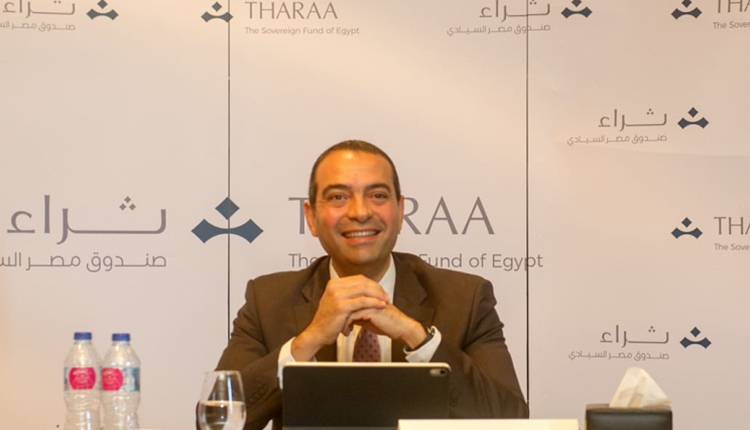Egypt’s newly-formed sovereign wealth fund plans to take control of some of the government’s most promising assets in industries such as power and real estate, to bring in private investors to develop them, its chief executive said.
Egypt has been trying to revive its economy without giving up majority ownership of many of its economic assets after a negative reaction by parts of society to privatisation drives in the 1990s and 2000s.
The fund’s capital, which President Abdel Fattah al-Sisi said in October could rise to as much as several trillion pounds, currently has a paid-in capital of 1 billion Egyptian pounds ($62 million). It is planning to acquire assets chosen from among a vast portfolio held by other government bodies.
“We will be a catalyst to try to do things differently, unshackled from all those bureaucracies, and improve the way of doing business itself and work with the checks and balances within the government management that investors cannot navigate,” Ayman Soliman, CEO of the Sovereign Fund of Egypt, told Reuters, saying he would cherry-pick assets based on investor appetite.
The fund is looking to unlock value and create wealth, he said. “Snowballing that can cater to a 6 or 7 percent yield.”
It will start off by selling a 25-year concession, owned by the Egyptian Electricity Holding Co, to operate three power plants built by Siemens under a 6 billion euro ($6.6 billion) deal signed in 2015.
The fund will sell a majority stake to an investor, operator or infrastructure fund and retain around 30 percent for itself.
“It’s a percentage that says we are aligned in interest with the investors who come along,” Soliman said.
“We’ve received six or seven expressions of interest now,” Soliman said.
The fund is also looking at real estate. It will take over premises vacated as government offices move to a new capital under construction 50km east of Cairo, Soliman said.
It may also take possession of buildings in downtown Cairo owned by the state insurance company and various other state agencies, which it would lease to private owners to restore and in turn lease out to private tenants.
The insurance company alone owns about 75 historic buildings in central Cairo.
It plans as well to help develop for tourism the abandoned historical neighbourhood of Bab al-Azab below the Cairo citadel in cooperation with a private company.
Other areas of interest are petrochemicals, particularly in industrial zones along the Suez Canal, wind and solar energy, mining and finance for small- and medium-sized enterprises.
“Our three-to-four year plan is to create multiple asset classes that are offloaded to the market. We will enrich the (stock) exchange. We can tag along with a stake but we will have to list those entities,” Soliman said.
“The political will does exist to unlock those assets.”
Source: Reuters
